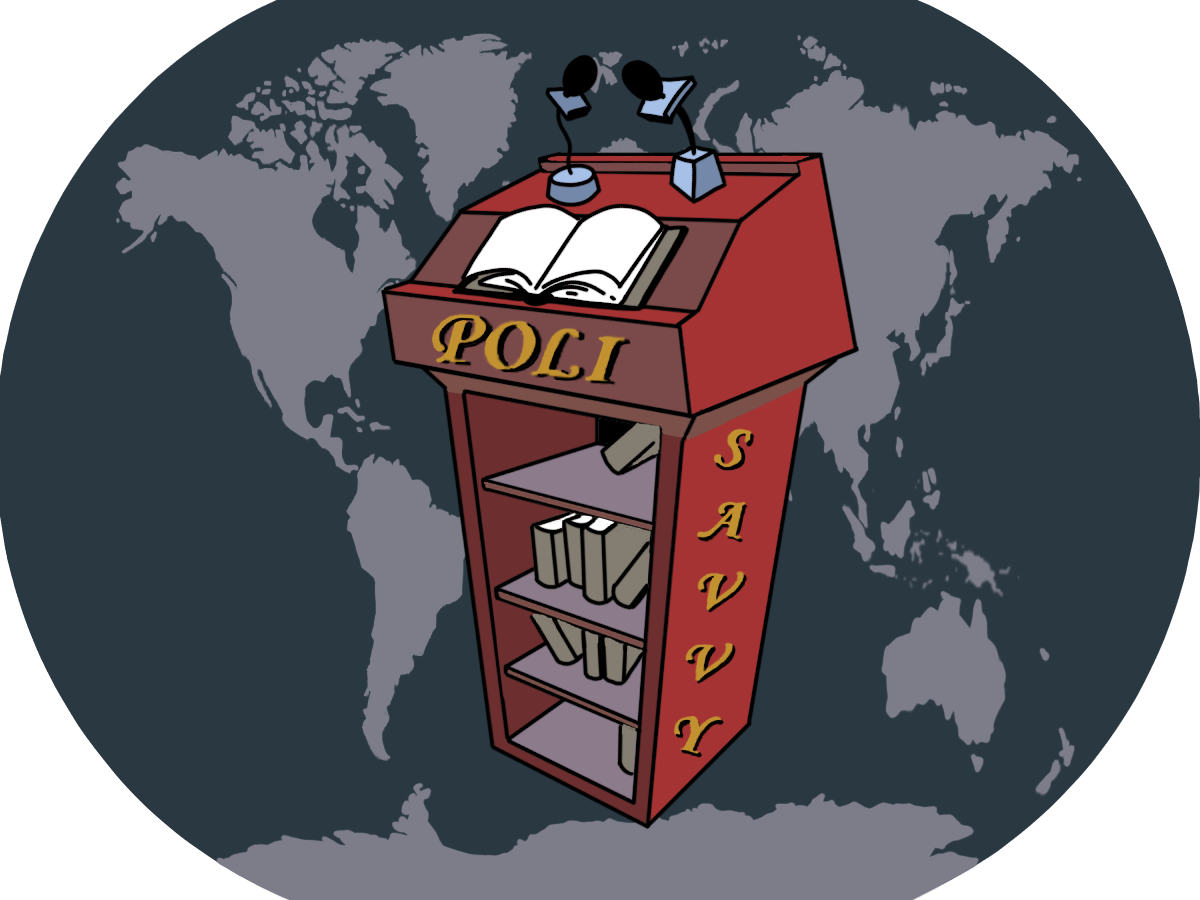The military dealings of Canada’s allies in the Pacific Ocean might play a large role in the future of Chinese-Canadian diplomatic relations.
On Sept. 15, the heads of state of Australia, the United Kingdom, and the United States unveiled a trilateral security pact that will serve to expand the three nations’ military influence in the Indo-Pacific region. The pact is more commonly known by its acronym AUKUS.
This deal comes after years of Australia’s tiptoeing on a diplomatic tightrope between American and Chinese partnerships, cementing the nation’s relationship with the U.S. for the near future. The agreement will put into place the construction of tomahawk cruise missiles, extended range joint air-to-surface standoff missiles, long-range anti-ship missiles, and most notably, nuclear-powered submarines, which will all be sent to the Australian military.
According to Australian Prime Minister Scott Morrison, the country “received overwhelming support when it came to Australia moving ahead to establish a nuclear submarine fleet for Australia to ensure that we could contribute to the peace and stability of the Indo-Pacific.”
This deal will make use of British and American technologies and resources to build at least eight nuclear-powered submarines, vessels Australia has not acquired until now. The increase in size of Australia’s fleet will make patrolling the Pacific and Indian oceans easier as it looks out for what it perceives to be its biggest threat: China’s growing military presence in the region.
According to Dr. Julian Spencer-Churchill, Concordia political science professor and former Canadian Forces captain, “The issue AUKUS is attempting to solve revolves around power and values. Xi Jinping differs from his predecessors because he is dramatically more totalitarian: he’ll stop at very little to achieve some sense of greatness. Whether that’s the Spratly Islands, Taiwan, or the Uyghurs, he wants it all. These countries [involved in AUKUS] are trying to curtail his influence and get him to back down through military buildups.”
Due to the most prominent feature of AUKUS being Australia’s submarine program, many countries have reacted in a variety of ways, ranging from excitement to condemnation. For instance, the Indian government, which has been in heated armed disputes with China in the Himalayas, welcomed this partnership. The Japanese government has reacted with similar satisfaction due to its disputes with China over the Senkaku/Diaoyu Islands.
On the other hand, one of the harshest critics of AUKUS has been France, which saw its nearly $66 billion contract with Australia for the construction of diesel-electric submarines scuttled with little notice before the new deal was announced. Another more obvious detractor of this deal is China, which views the trilateral agreement as an impediment to its influence in the Pacific.
On the day AUKUS was announced, many were quick to notice Canada’s absence in the deal. While the Conservative Party was eager to take a stance in favour of joining AUKUS and criticizing Trudeau for not signing on, the Prime Minister stated that Canada had no interest in acquiring nuclear submarines, and that the country had nothing to offer in this matter.
Canada remains a member of the Five Eyes partnership, meaning it will still receive tactical information from the three nations involved in the pact. Critics of the AUKUS deal view it as a stern finger-wag at China, but its long-term impact remains to be seen.
While the tension between the Chinese and Canadian governments is still present, all hope for diplomacy and civility is not lost. On Sept. 24, it was announced that Michael Kovrig and Michael Spavor, the two Canadians trapped in China for over a thousand days, will be returning home. In return, Meng Wanzhou, a Huawei executive trapped in Canada for just as long, will also be returning to her home country. If the AUKUS nations and their allies choose to pursue a more diplomatic approach, much could be in store on the global political stage.
Graphic by James Fay
